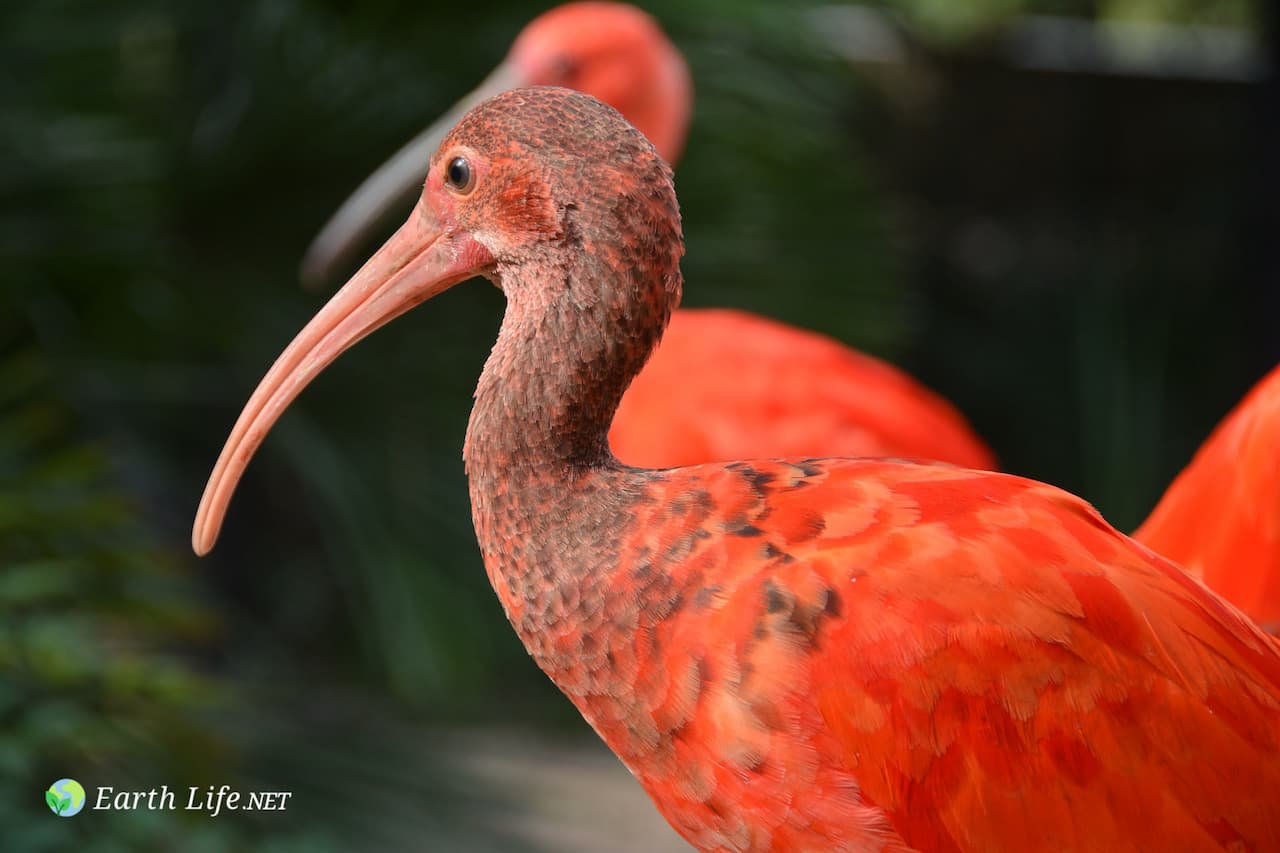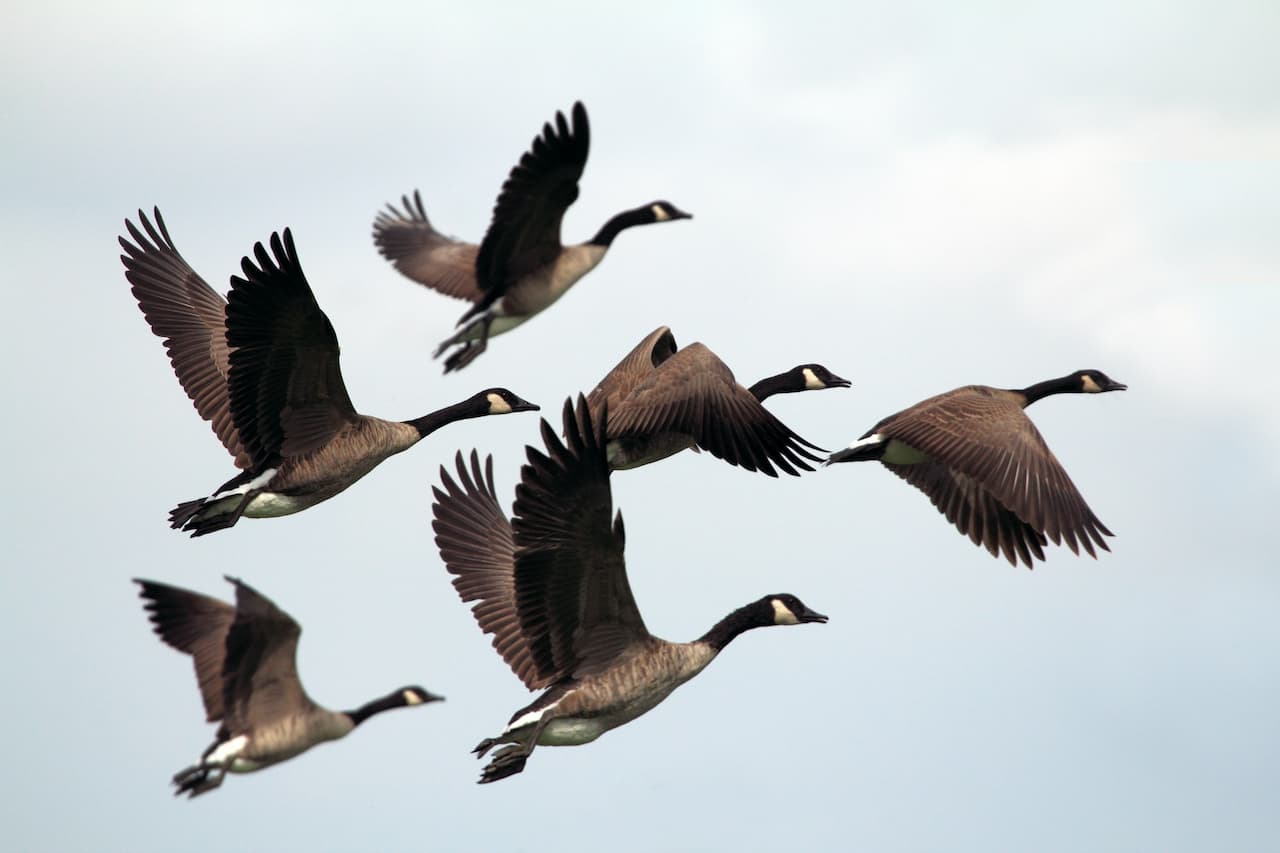Biological Records Centre ITE
Provisional Atlases of the UK Fauna and Flora
The Titles
Provisional Atlas of the longhorn beetles of Britain. , by P.F.G Twinn and P.T. Harding
Provisional Atlas of the Ground Beetles (Coleoptera, Carabidae) of Britain. , by Dr Martin L. Luff
Provisional Atlas of the long-palped craneflies (Diptera, Tipulinae) of Britain and Ireland. , by Alan E. Stubbs
Provisional Atlas of the lacewings and allied insects (Neuroptera, Megaloptera, Rhaphidioptera and Mecoptera) of Britain and Ireland. , by Colin W. Plant
Provisional Atlas of the aculeate Hymenoptera of Britain and Ireland Parts 1.and 2. , by Robin Edwards (Ed.)BWARS
Provisional Atlas of the ticks (Ixoidea) of British Isles. , by K. P. Martyn
Provisional Atlas of the Centipedes of the British Isles. , by A.D. Barber and A.N. New
The Reviews
Provisional Atlas of the longhorn beetles of Britain
by P.F.G Twinn and P.T. Harding
ISBN = 1 870393 40 0
Price = £5.00 including p&p;
Published = 1999
Review written = 8/August/1999
96 pages
This is another excellent little publication from the BRC and friends. It gives up-to-date distributional data on the 63 species of cerambycids currently recognised as breeding in Britain. It includes a 23 page introduction to the biology of cerambycids with particular reference to the British fauna, a small bibliography, an appendix on ‘sources and records’ and an index.
The distribution maps are based on 10K squares. Each map is accompanied by a small amount of pertinent information on, threat status, illustrations, description/key, distribution, biology and habitat. Of particular interest to casual collectors like myself is the table of name changes which lists species names according to : Twinn and Harding 1999; Bense 1995; Bily and Mehl 1989; Uhthoff-Kaufmann 1985-92; Pope 1977; Hickin 1973; Duffy 1952 and Joy 1932. It records 17 species whose names have changed at least once since Joy and 9 species not included in Joy. All in all a valuable information source for amateur and professional entomologist alike.
Highly Recommended
Provisional Atlas of the Centipedes of the British Isles.
by A.D. Barber and A.N. New
ISBN = 1 870393 08 2
Price = £2.50 including p&p;
Published = 1988
Review written = 8/February/1999
127 pages
Highly Recommended
Provisional Atlas of the ticks (Ixoidea) of British Isles.
by K. P. Martyn
ISBN = 1 870393 09 9
Price = £1.50 including p&p;
Published = 1988
Review written = 8/February/1999
62 pages
Information on Ticks. Ticks are not everybody’s cup of tea, or even many peoples. However for many vertebrate ecologists they are an important aspect of the lives and health of their chosen study animal. This atlas published in 1988 contains information on the 22, mostly uncommon, species of tick found in the UK. For each species the number of records for each host species are listed as well as the usual 10k map. A valuable addition from the point of view of many researchers.
Highly Recommended
Aculeate Hymenoptera of Britain and Ireland Parts 1. and 2.
by Robin Edwards (Ed.)
ISBN = 1 870393 39 2 and 1 870393 39 2
Price = £6.00 and £7.00 including p&p;
Published = 1997 and 1998
Review written = 8/February/1999
139 pages and 138 pages
Information on bees and wasps. The Bees Wasps and Ants Recording Scheme is a small but active group in the UK. The first volume of this set was published in 1997 and the second in 1998. Each volume details 55 species, totalling about 18 percent of the UK fauna so far. Though this is not a large amount it still represents a useful up-to-date data set that is invaluable to the recorder and or researcher. Hopefully more volumes will be forthcoming as more of the data collected by BWARS members gets analysed.
Highly Recommended
Provisional Atlas of the lacewings and allied insects (Neuroptera, Megaloptera, Rhaphidioptera and Mecoptera) of Britain and Ireland.
by Colin W. Plant
ISBN = 1 870393 18X
Price = £6.50 including p&p;
Published = 1994
Review written = 8/February/1999
203 pages
Information on lacewings and allied insects. This is a useful addition to the literature of an under-studied group in the UK. It will work best in conjunction with the more recent Aidgap key of the same Taxa. Both books were written by Colin Plant the foremost Neuropterist in the UK. Obviously it does not contain up to date info on our only AntLion Euroleon nostras as this was not known to occur on mainland UK at the time the atlas was published. Contains 73 maps.
Highly Recommended
Provisional Atlas of the long-palped craneflies (Diptera, Tipulinae) of Britain and Ireland.
by Alan E. Stubbs
ISBN = 1 870393 16 3
Price = £5.00 including p&p;
Published = 1992
Review written = 8/February/1999
134 pages
Alan Stubbs is the current “Lord of the Flies” in the UK. I hope he will forgive me the analogy, I am always amazed at both the depth of his knowledge and his capacity for work, on top of which he always seems to have time to help a bumbling dipterist like myself. Currently 7 years old this work is starting to age a little but not much. However short of joining the Dipterist’s Forum (an excellent idea in itself), it is the only relevant source of information on the distribution of these commonly seen insects. Includes 87 species each of which has its own map accompanied by some excellent ecological commentary from Alan.
Highly Recommended
Provisional Atlas of the Ground Beetles (Coleoptera, Carabidae) of Britain.
by Dr Martin L. Luff
ISBN =
Price = £7.50 including p&p;
Published = 1998
Review written = 16/Sep/1998
Review written by Dr Peter Sutton
194 A4pages
The Provisional Atlas of the Ground Beetles (Coleoptera, Carabidae) of Britain, by Dr Martin L. Luff, is a welcome and long overdue addition to the bookshelves of Coleopterists. It describes the status and distribution of the 350 resident British species of the Family : Carabidae, which includes the Sub-Families: Cicindelinae, Omophroninae, Carabinae and Brachininae.
A brief introduction provides a summary of the history of Carabidae recording in Britain and Ireland; literature recommended for the identification of British species; additions, extinctions and revisions to the British list; notes on the protection and threat status of British carabids; details of the Ground Beetle Recording Scheme; brief notes on the ecology of Carabids; and a guide to literature describing the wider distribution patterns of Carabidae outside the British Isles.
Each species is dealt with by way of a standard 10 km2 UK distribution map which includes the Channel Islands, but not, disappointingly, Northern Ireland. Although there is a checklist of Irish Carabidae (Anderson, Nash and O’Connor, 1997), the failure of this Atlas to record the status and distribution of carabids in at least Northern Ireland represents an opportunity lost, especially for people concerned with the study of post-glacial movement and distribution patterns of the European Carabidae. The distribution maps are good, but an obvious key to the symbols used would have been useful. I agree tentatively with Peter Marren’s statement (Book reviews, British Wildlife: Vol. 9, No. 6, pp. 406-407) that (assuming there are species to be recorded) the north-eastern tip of Scotland is poorly represented in terms of 10 km2 square records. That said, the north-eastern part of Scotland is generally freezing cold, wet and inhabited by vast swarms of man-eating midges, so the recorders haven’t done that badly at all.
The status of each species (RDB, BAP, Notables) is given where applicable, and the comparison between the conclusions of Shirt (1987) and Hyman and Parsons (1992) is both useful and interesting. A paragraph or so of information is given per species, generally detailing aspects of habitat, ecological requirements, behaviour, abundance and life cycle. The continental distribution of some species is also given.
The Atlas contains an up-to-date systematic list of the mapped genera, and an excellent list of literature references. I strongly recommend this Atlas to anyone involved in the study of British ground beetles. Now all that we are waiting for is an illustrated Atlas of the Carabidae of Britain and Ireland.
Highly Recommended





